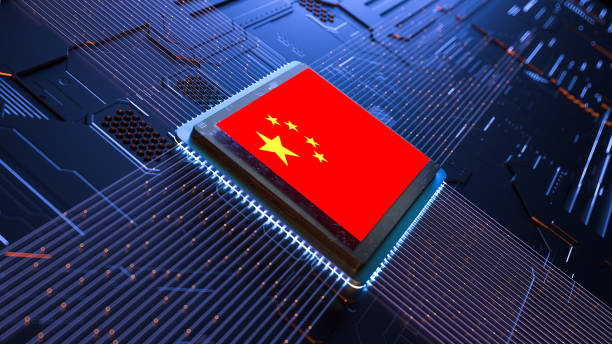The internet has become the backbone of modern economies, shaping everything from commerce and education to national security. For Nigeria, Africa’s largest economy and most populous nation, cyberspace is both a realm of immense opportunity and growing challenges. Issues such as cybercrime, data security, and the digital divide continue to test national resilience, even as the country advances toward its digital economy agenda.
It is within this context that China’s proposals on building a “community with a shared future in cyberspace” merit attention. Rooted in principles of sovereignty, inclusivity, and win-win cooperation, China’s framework offers potential pathways for strengthening Nigeria’s digital landscape while deepening bilateral relations.
Respecting Cyber Sovereignty
China’s emphasis on cyber sovereignty aligns with Nigeria’s drive to determine its own digital future. As Nigeria formulates its national data protection and cyber governance frameworks, China’s position reinforces the legitimacy of local decision-making free from external interference.
Promoting Cybersecurity and Stability
Nigeria has faced increasing cyberattacks, particularly in its financial and government sectors. China’s call for global cooperation in combating cybercrime and cyberterrorism presents an opportunity for Nigeria to collaborate on law enforcement, technology transfer, and intelligence sharing, thereby bolstering its own cyber defense capacity.
Expanding the Digital Economy
With Nigeria’s digital economy projected to contribute significantly to GDP, China’s advocacy for open, fair, and non-discriminatory digital cooperation resonates strongly. Chinese companies such as Huawei and ZTE already play major roles in Nigeria’s ICT sector, supporting infrastructure development and skills training. Ensuring open supply chains and resisting technological decoupling could further enhance Nigeria’s digital transformation.
Safeguarding Critical Infrastructure
Nigeria’s reliance on undersea cables, data centers, and telecommunications infrastructure makes it vulnerable to cyber threats. China’s push for cooperation in protecting critical information systems could provide Nigeria with both technical expertise and frameworks for resilience, especially in securing its financial services and government platforms.
Data Utilization and Governance
As Nigeria rolls out initiatives such as the National Digital Economy Policy and Strategy (NDEPS), the management and utilization of data will be crucial. China’s proposals on secure cross-border data flows and international rule-making in data governance could help Nigeria harmonize its policies with global standards while tapping into new digital trade opportunities.
Bridging the Digital Divide
China’s focus on ensuring that the benefits of the internet are shared by all has particular relevance for Nigeria. Despite impressive growth in mobile connectivity, millions of Nigerians remain excluded from the digital economy. Partnerships with China in areas such as broadband rollout, rural connectivity, and digital literacy could help bridge this gap, in line with the UN’s Sustainable Development Goals.
Strengthening Nigeria–China Digital Cooperation
For Nigeria, China’s vision offers more than philosophical alignment—it provides practical opportunities. Already, cooperation between the two countries spans telecommunications infrastructure, e-commerce, fintech, and cybersecurity training. If pursued more strategically, these partnerships could position Nigeria not only as a continental leader in digital transformation but also as a credible voice in shaping global internet governance.
Ultimately, China’s proposals are not just about cyberspace, they are about shared development. By aligning with aspects of this framework, Nigeria can enhance its cybersecurity, expand its digital economy, and ensure that the benefits of technology reach more of its citizens.
A community with a shared future in cyberspace, therefore, is not an abstract idea. For Nigeria and China, it represents a practical roadmap for digital cooperation, one that promises mutual growth and stability in an increasingly interconnected world.
Michael Onjewu is a Journalist and Research Fellow on China–Nigeria Relations.





